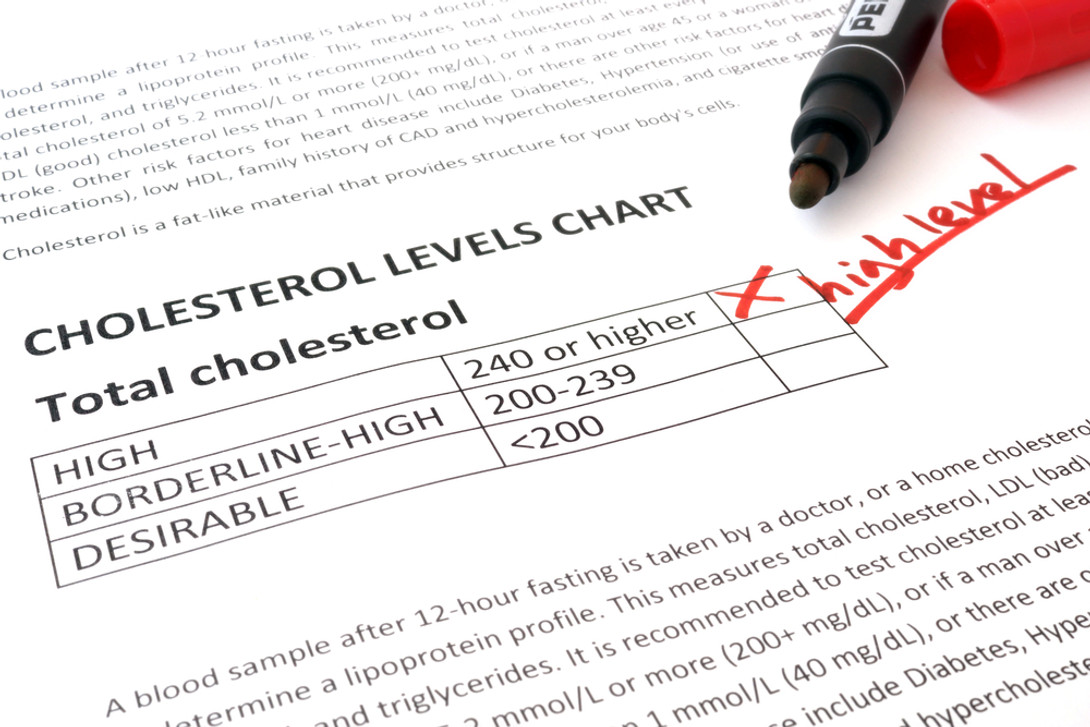Nearly 25 million adults in the United States have high cholesterol–and about 7% of adolescents aged 6 to 19–according to a recent report by the CDC. There are no symptoms that appear when you have high cholesterol and many people are still uncertain what cholesterol is, exactly. To help you better understand cholesterol and what it means for your heart and overall health, we will now debunk some of the most common cholesterol myths.
Myth #1: All Cholesterol Is Bad
Truth: As the CDC points out, your body needs some level of cholesterol in your blood to perform crucial functions. This includes things like cell building and hormone creation.
The cholesterol in your body gets transported through your blood with the help of special proteins–lipoproteins. Two types of lipoproteins are responsible for carrying cholesterol:
- low-density lipoprotein (LDL) / “bad” cholesterol
- high-density lipoprotein (HDL) / “good” cholesterol
The risk of having too much “bad” cholesterol is that it can build up as plaque on the walls of your blood vessels, which can lead to clots that can cause heart attacks or strokes. On the other hand, “good” cholesterol returns cholesterol to the liver so it can be removed from the body. Having high levels of HDL can signify a lower risk for heart disease and strokes. In other words, not all cholesterol is bad.
Myth #2: If You’re Thin, You Don’t Need to Worry About Cholesterol
Truth: There’s a common misconception that thinner people have healthier cholesterol levels in their blood. But, this is not the case. Individuals that are overweight are more likely to have higher cholesterol, according to the American Heart Association. However, they recommend all people get their cholesterol checked on a regular basis.
Myth #3: You Can Always Manage Cholesterol Levels with Diet and Exercise
Truth: The CDC explains that many healthy adults can maintain good cholesterol levels through a healthy diet and exercise. However, individuals may need to be prescribed statins and other medications to help them achieve lower levels.
It’s true, eating a heart-healthy diet and getting enough physical activity each day can lower your risk of heart disease. But, people with certain genetic conditions, very high levels of LDL, cardiovascular disease, and diabetes will likely need the aid of statins to lower their cholesterol.
Myth #4: Eating Eggs Contributes to High Cholesterol
Truth: Eating eggs can be part of a heart-healthy diet, as long as you’re adhering to the recommendations of the American Heart Association. They recommend people eat no more than 300mg of dietary cholesterol a day for optimal heart health, and the typical egg can have up to 200 mg of cholesterol in it.
However, as the Mayo Clinic has found, eating eggs doesn’t appear to raise cholesterol levels like other foods high in trans fats or saturated fats. They state that most healthy people can eat up to seven eggs a week without increasing their risk of heart disease. Additionally, they explain that all the cholesterol found in an egg is in the yolk, so eating egg whites alone is your best bet if you’re concerned about your cholesterol levels.

